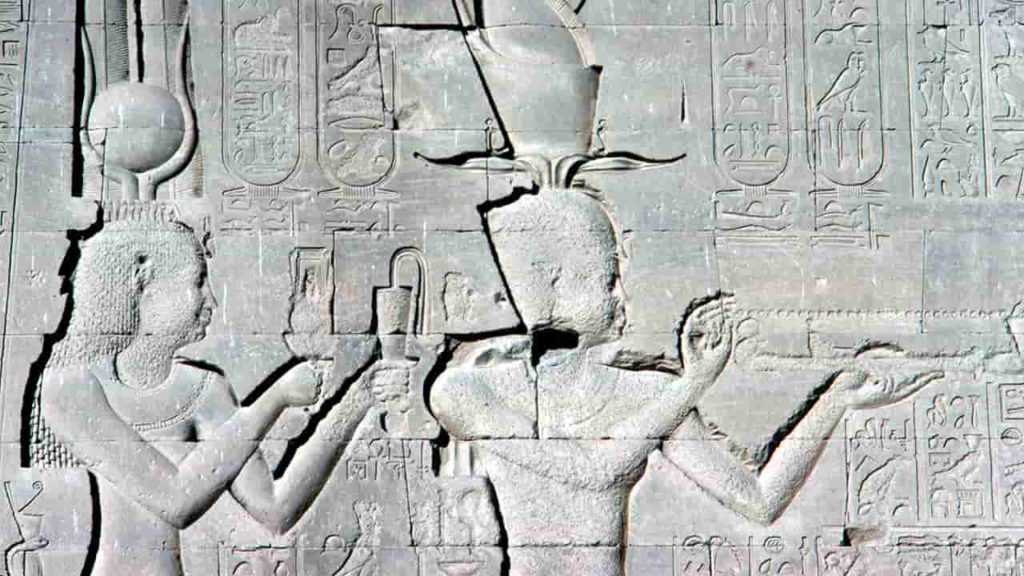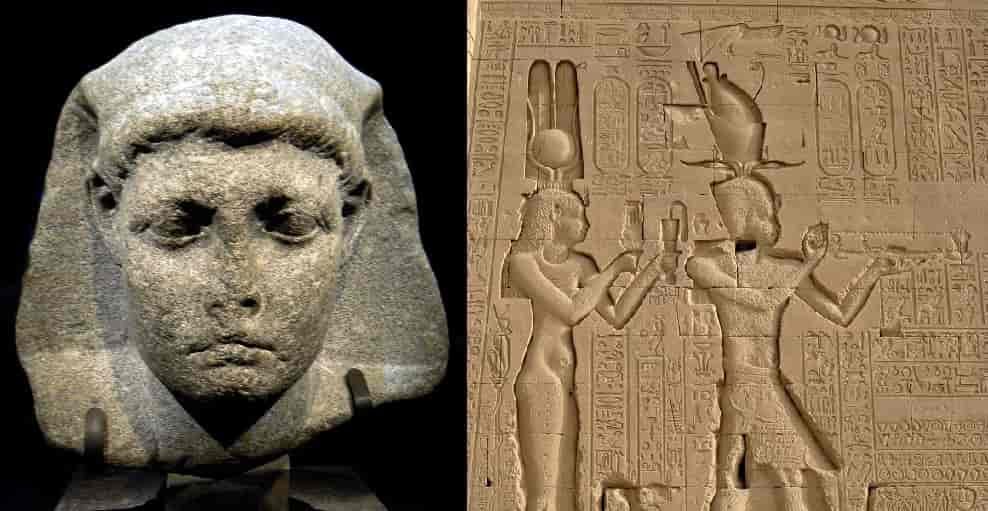The last pharaoh of the Ptolemaic dynasty in Egypt was Ptolemy XV Philopator Philometor Caesar, better known as Caesarion.
He was the son of Cleopatra VII, with whom he was co-governor from 44 BC to 30 BC, and of Julius Caesar, who never officially recognized him.
Born in 47 BC, Queen Cleopatra spent years insisting that Caesarion was indeed the son of the Roman general, being the only biological, since Octavian, his nephew, had been adopted as heir.
Even with Caesar’s supporters trying to prove through pamphlets distributed in Rome that paternity was not real, Julius Caesar would have allowed the young man to use his name.
During his first two years of life, Caesarion remained in Rome, with his mother, as official guests of Julius Caesar.
However, after the general’s death in 44 BC, both were forced to return to Egypt, and Cleopatra proclaimed her son as co-regent at the age of three.
He came to be appointed as king of kings, in 34 BC, by Cleopatra and Mark Antony, after benefiting from Donations of Alexandria, which was the transfer of Roman lands to the couple’s children. The title, however, could be seen as a threat to Rome’s greatness.
In 31 BC, after the Battle of Actium and Octavian’s invasion of Egypt, Caesarion was sent by his mother to the port of Berenice, on the Red Sea, with a treasure. However, what happened next was never fully clarified.
According to the most accepted theory, supported by the historian Plutarch, it is that after the possible suicides of Mark Antony and Cleopatra, Caesarion would have been persuaded by his tutor Teodoro with the false argument that Octavian had invited him so that he could retake the throne.
Upon returning to Alexandria, the last pharaoh was arrested and executed, following orders from Octavian.
Source: DANIELA BAZI, aventuras na historia







